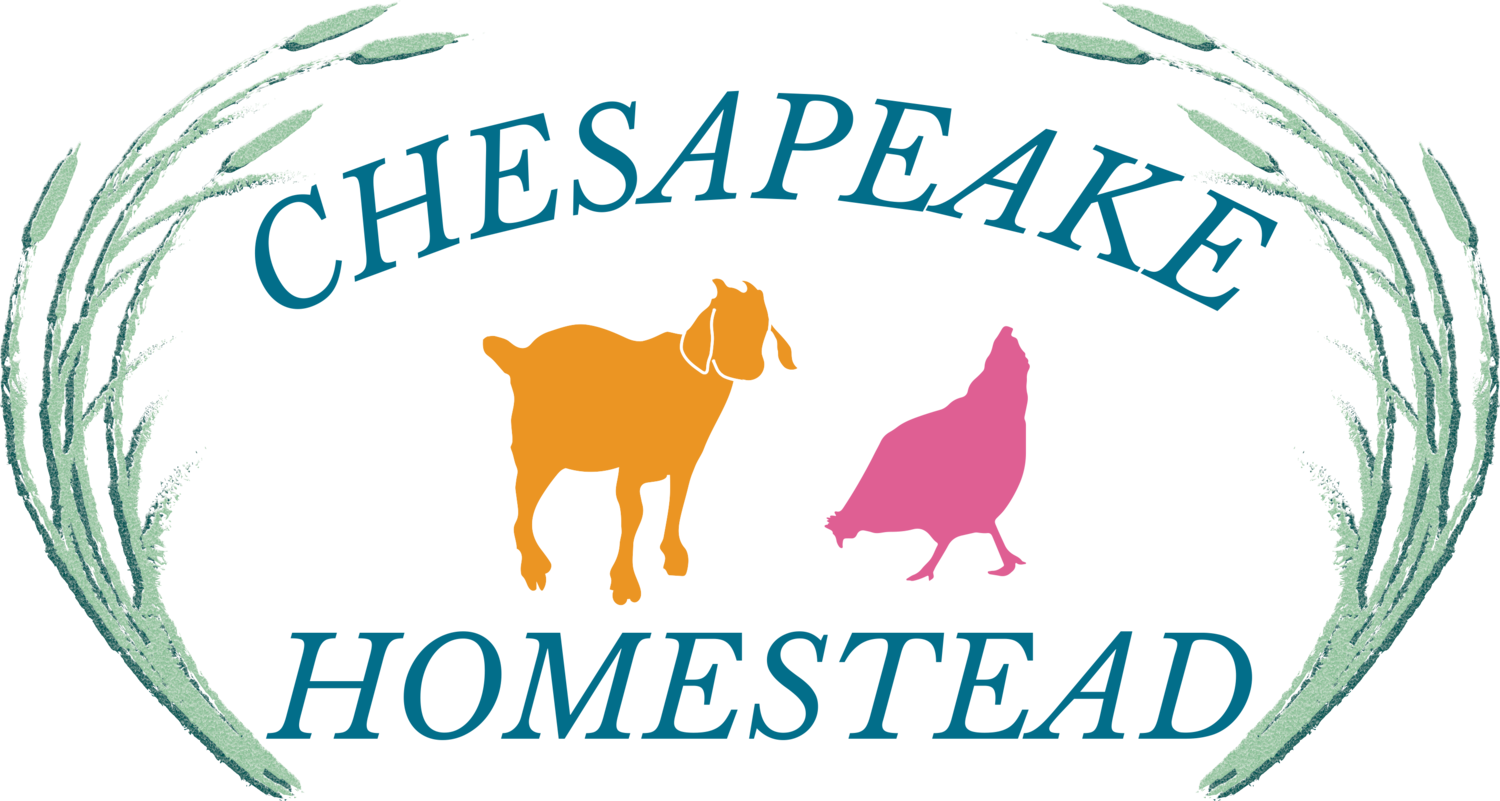Failure Makes a Great Lesson
I think I believe that. Actually, I do believe it…until I find myself in the midst of failure that is. When I’m standing in and walking through a failure of some kind, I often forget that there is a lesson to be learned. Let me explain…
This is my 3rd year starting our food garden from seed. 95% of the items we’ve grown on our farm have been from seeds we’ve started. After the pandemic of 2020, I was ready for this year. I was determined to get my seed orders placed before the seed shortages hit and may have slightly over purchased.
Anyone who buys seeds knows its easy to look through a seed catalog and quickly expand your wish list well beyond what you’re space will actually hold. But that’s another topic for another time :-)
I was determined to start everything on time and wrote everything down in my calendar. When it came time to start my cool season vegetables, I started them right on time. They grew well but remained a little stunted. I tried to find unique ways to keep the cats away from the seedlings as they started to sprout. (The cats were a new factor affecting our seed starting efforts this year). As March hit, I started moving them out to the greenhouse and began hardening them off. As planting day approached Mr. Chesapeake and I had the opportunity to take a day to go on a date - something we hadn’t done since before the pandemic started over a year ago. Naturally we couldn’t turn down the opportunity.
In the excitement of thinking about our upcoming date, I never re-evaluated the situation and plans for these little cool-season plants. I watered them before the big day, knowing I would miss 1 day, but I never looked at the weather to re-evaluate when planting might occur and how I might need to shift gears to accommodate the impending weather. We went on our date and the bad weather came for a few days after. It wasn’t until about a week later that the weather cleared and planting could commence. Unfortunately, as I reached for the trays, I saw my little seedlings drowning in water; most of the smaller, tender plants, I realized, were beyond saving. For the experienced farmer, watching the weather is second nature. Understanding and thinking about the needs and changing conditions has become second nature. For me, I failed to plan…er adjust my plans as circumstances (and the weather) changed. You could say I was too “green” to realize the threat and mistake before I sat on the ground sulking over 2 flats of lost seed babies (about 40 plants).
As I sat and sulked in the dirt that evening, wondering if I would ever just “get it right”, I was reminded by Mr. Chesapeake that loosing two flats of plants was not a sign from the universe that I wasn’t cut out to do this. It was a sign that neglect during the rainy season could result in crop loss. I could keep sitting and sulking in the dirt, hang up my gloves forever, or I could just take it as a lesson learned and move on. The perfectionist in me wants to do well and I don’t take failure very well. But then again, who actually likes to fail?
There are lessons to be learned with each setback and failure - something we can do better, a pivot we must make, or a detail we need to hone in on and adjust next time. I often say that to be a gardener is to be a student for life. Taking the posture of a student means being open to learning new and ever evolving nuances of the subject matter. A gardener - a student of the natural world and what it offers to us (beauty, food, nourishment, medicine, healing, scent) - is one who is there to learn and grow as it helps the subject matter grow. The passion and joy offered by the flowers, herbs and vegetables can help fight the notion that a failure in the garden = the lack of a green thumb. For us students who want to garden well…we all need the reminder that a failure in the garden simply means there is more to learn and apply in the next growing season - this is our learning curve. Failure is simply part of life - including all aspects of gardening, homesteading, animal husbandry, etc. Sometimes the lessons offered from failures are obvious, like my lost seedlings, excess water and thinking ahead to adjust as circumstances change. Sometimes the lessons are a bit harder to realize and requires a few eyes or some investigation and community to help figure out what went wrong. But I’m here to remind you (me) that the lesson is there if we are open to it.
The reality is that no strong success will come in the absence of failure. I must not be scared of what may fail with each seed starting season. As quickly as my plants failed, I know that in just a few short weeks, I will be starting those same seeds again for the fall garden. My second chance will be here before I know it and I hope to do a little better this time around. Do my 40 lost seed babies mean I should hang up my gloves and trowel? No! I am here to learn, grow, and love the beauty offered by our food and perennial gardens. Plants naturally and instinctually want to grow so if the number of failures in my garden is any inclination of future successes, then we are bound to really “get it right”
…one day.
